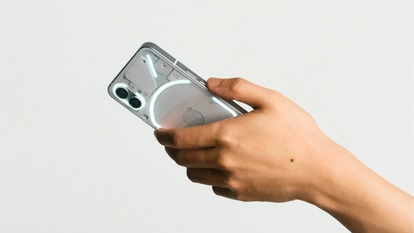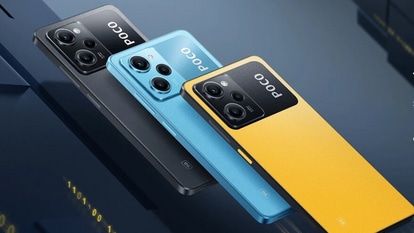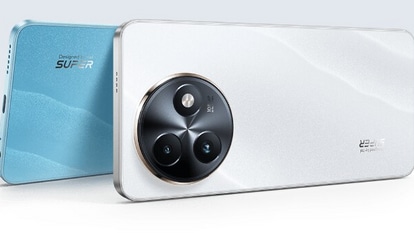Motorola's modular smartphone mission
Project Ara will take customization to another level and could allow users to build up phones like they do Lego bricks.
Project Ara will take customization to another level and could allow users to build up phones like they do Lego bricks.
A free, open hardware platform, the project, according to Motorola, was inspired by traveling around the US and seeing how 'makers' have embraced 3D printing and the opportunities that additive manufacturing bring.
In a blog post publicly announcing the project, Paul Eremenko said: 'We want to do for hardware what the Android platform has done for software: create a vibrant third-party developer ecosystem, lower the barriers to entry, increase the pace of innovation, and substantially compress development timelines.
'Our goal is to drive a more thoughtful, expressive, and open relationship between users, developers, and their phones. To give you the power to decide what your phone does, how it looks, where and what it's made of, how much it costs, and how long you'll keep it.'
The idea of a modular phone, built around a solid foundation or frame is not a new idea, especially for anyone who has been following the story of Dutch designer Dave Hakkens. In September he took to crowdfunding platform Thunderclap to publicize his own idea for modular phones -- Phonebloks -- and to look for hardware partners.
In its blog post, Motorola claims that Project Ara has already been running for a year and that the team behind it has already met up with Hakkens for that very reason.
'Turns out we share a common vision: to develop a phone platform that is modular, open, customizable, and made for the entire world. We've done deep technical work.
Dave created a community. The power of open requires both. So we will be working on Project Ara in the open, engaging with the Phonebloks community throughout our development process,' says Eremenko.
At the moment, all the company has to show for its endeavors are some images of the early design stages but it also promises that the first invitations to hardware developers to work on Ara will be going out in the coming months.
If the project comes to fruition a consumer would be able to take an endoskeleton module and build a personalized phone on it, choosing a processor module, the type of camera and even the position of things such as the homekey.
Or the same building blocks could be used to add a second battery, an activity tracker or even a keyboard. Just as there are now over 1 million apps in the Android software ecosystem, there could one day be thousands of modular components in the Ara hardware ecosystem.
And being able to add new functions and features while removing redundant pieces would not only make devices more personal and bespoke, it would also seriously extend their useful lives and cut down on waste, as consumers' devices would never completely go out of date and so avoid being thrown in the trash.
Catch all the Latest Tech News, Mobile News, Laptop News, Gaming news, Wearables News , How To News, also keep up with us on Whatsapp channel,Twitter, Facebook, Google News, and Instagram. For our latest videos, subscribe to our YouTube channel.


























